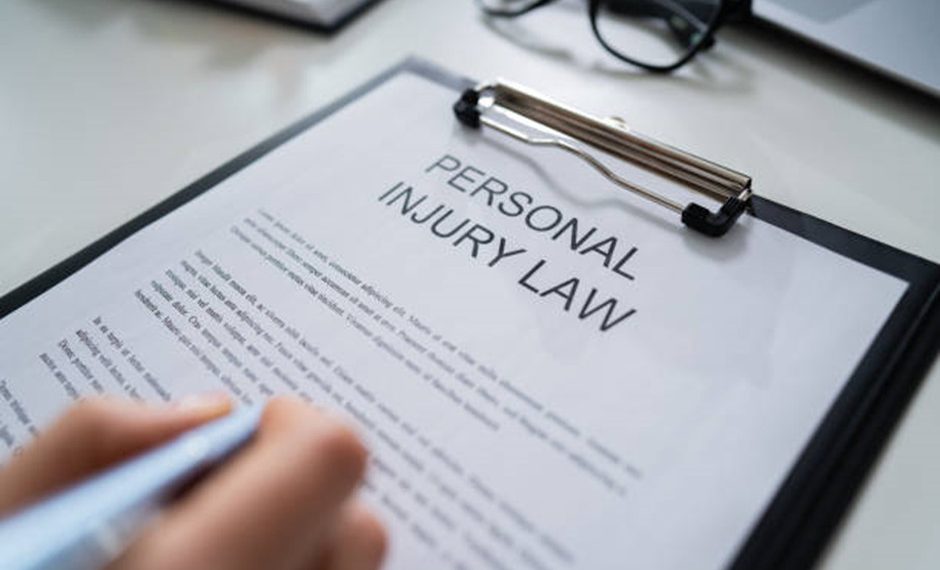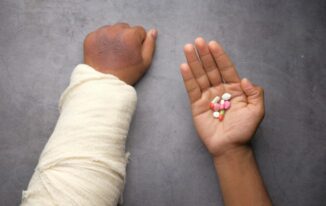
Personal injury law is designed to provide compensation to those harmed by another’s negligence. However, the process of securing that compensation requires the injured party to prove certain legal elements. Among these, causation stands out as the most critical. Without it, a claim falls apart regardless of how severe the injuries are. Personal injury lawyers often emphasize the importance of causation in determining whether a case will succeed.
Understanding Causation in Personal Injury Law
Causation refers to the direct link between the defendant’s actions and the plaintiff’s injury. In simple terms, it asks: “Did the defendant’s actions cause the harm?” For a personal injury claim to be valid, the injured party must demonstrate both actual and proximate causation.
- Actual Causation (Cause-in-Fact): This establishes that the injury would not have occurred “but for” the defendant’s actions. For example, if a driver runs a red light and hits a pedestrian, the driver’s negligence is the cause-in-fact of the pedestrian’s injuries.
- Proximate Causation: This narrows down the scope to injuries that were a foreseeable result of the defendant’s actions. For instance, if the same driver running a red light causes a chain reaction that leads to multiple injuries, proximate causation determines whether all subsequent injuries can be attributed to the initial act.
Both types of causation must be proven for the claim to hold weight.
Why is Causation So Crucial?
Causation is the foundation upon which all personal injury claims rest. Here’s why it takes center stage:
- It Links Negligence to Harm: Without causation, the defendant’s negligence is irrelevant. A driver may have been texting while driving, but unless that action directly caused the plaintiff’s injuries, there is no claim.
- It Protects Against Unfair Liability: Causation ensures that defendants are not held responsible for injuries they did not cause. For example, if someone slips and falls on a wet floor in a grocery store, the store is only liable if the wet floor directly caused the fall. If the fall occurred due to the customer’s distraction, causation protects the store from undue blame.
- It Sets the Boundaries of Compensation: Establishing causation helps determine the extent of damages. A plaintiff can only claim compensation for injuries directly linked to the defendant’s actions. If a plaintiff suffers from pre-existing conditions, causation clarifies which injuries are new and which were pre-existing.
Challenges in Proving Causation
While causation is vital, it can also be challenging to prove. The burden is on the plaintiff to present compelling evidence linking the defendant’s actions to their injuries. This often requires:
- Medical Testimony: In cases involving physical harm, medical experts may be called to testify whether the defendant’s actions caused the plaintiff’s injuries. For instance, in a car accident case, a doctor might explain how the impact caused a specific injury.
- Expert Witnesses: For complex claims, such as product liability cases, expert witnesses may analyze the product’s defect and its direct role in causing harm.
- Detailed Evidence: Photographs, videos, and accident reports can help establish a timeline and connect the defendant’s actions to the injury.
The Role of Personal Injury Lawyers in Establishing Causation
Personal injury lawyers play a pivotal role in proving causation. They gather evidence, consult experts, and craft a narrative that clearly shows how the defendant’s negligence caused the plaintiff’s harm. They also anticipate and address defenses that attempt to break the link of causation, such as claims that the injury was due to an unrelated event.
Causation and Comparative Negligence
In some cases, causation becomes even more complex when the plaintiff shares some degree of fault. In comparative negligence jurisdictions, the court determines the percentage of fault attributed to each party. Even if the plaintiff is partially responsible, they may still recover damages as long as the defendant’s actions were a substantial factor in causing the injury.
Conclusion
Causation is the backbone of personal injury law. It ensures that claims are grounded in fairness and that compensation is awarded only when a direct link exists between the defendant’s actions and the plaintiff’s harm. By focusing on causation, the legal system protects both plaintiffs and defendants from unjust outcomes. For anyone pursuing a personal injury claim, understanding and proving causation is essential to achieving justice.



